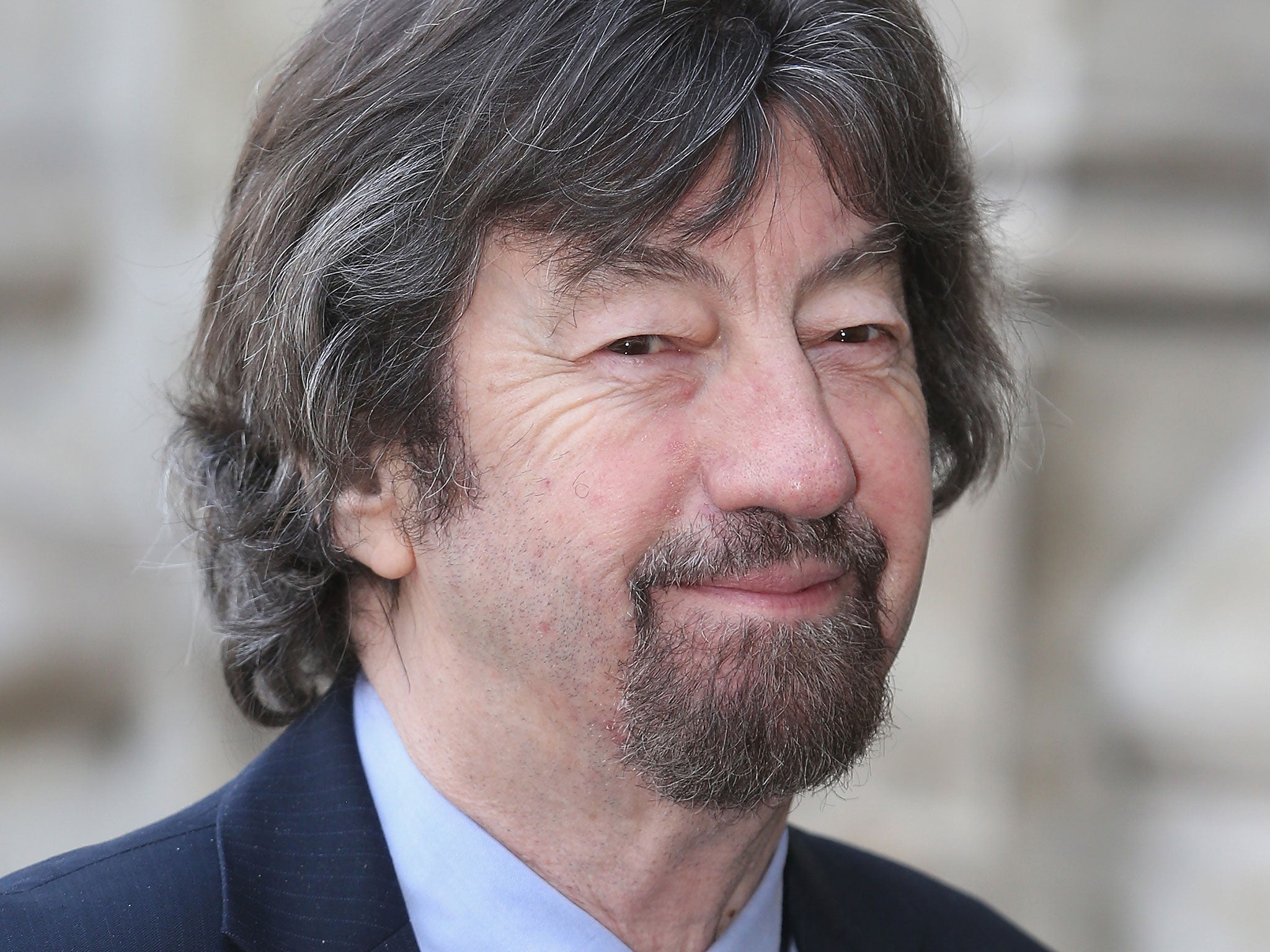An all-white Shakespearean cast? It's theatre of the absurd
One day, the notion may seem as absurd as Donald Sinden blacking up to play Othello

We all know what it’s like: you work for 40 years building up to the pinnacle of your career, re-creating one of the mightiest projects of the 20th century, and then up pops some spoilsport to announce that you’ve excluded a significant part of the population. That’s what has happened to Trevor Nunn, who has just revealed his cast for The Wars of the Roses – 22 white people – amid criticism from Equity.
Sir Trevor explained his reasoning, arguing that the trilogy of Shakespeare’s early history plays “should be presented with… historical verisimilitude”. I assume that he means regarding the actual English dynasties of the 15th century, rather than towards Shakespearean theatre, or else he’d have to have all his audiences standing, in the rain, and no gin and tonics at the interval.
Of course, if his cast were to be truly reflective of the period they should all be shorties with no teeth and the pox, and Richard III would have scoliosis of the spine.
Perhaps an all-white cast will one day seem as absurd as Donald Sinden blacking up to play Othello in 1979, but fidelity to 16th-century staging has long served as an excuse for a lack of diversity in theatre. Women were not allowed on the stage in Shakespeare’s time, meaning that now, in the 21st century, all-male productions are a ground-breaking idea. These casts are usually men, not teenage boys, however, and they’re usually paid more than an orange, so you have to wonder how much they really venerate accuracy.
Last year, Variety praised the “historical authenticity” of an all-male production of Twelfth Night, starring the super-butch Mark Rylance as Olivia, while Dame Eileen Atkins called it “camp rubbish”. Eddie Redmayne recently attributed his success to having to play female roles in his all-boys school, but to be fair they’re not all at Eton any more, and it’s not as if women need to be stopped from bogarting all the best roles. At least, in theatre, people have bothered to come up with reasons and excuses for lack of diversity. Meanwhile, when someone asked the London Review of Books why it seemed to have no female reviewers or authors of fiction in March, their response was: it’s “complicated; actually, as complicated as it gets” and “despite the distress it causes us … the proportion of women in the paper remains stubbornly low”. To his credit, Sir Trevor has owned his decision, and has a track record of diverse casting, unlike many other areas of life where no one seems to have noticed that the players all look the same: the media; justice system; parliament….
Which is harder to believe: that in the 15th century some might have been brown, or that in 2015 there are more private-school graduates than women in the Cabinet? Truth is often stranger than fiction … as Shakespeare knew.

Join our commenting forum
Join thought-provoking conversations, follow other Independent readers and see their replies